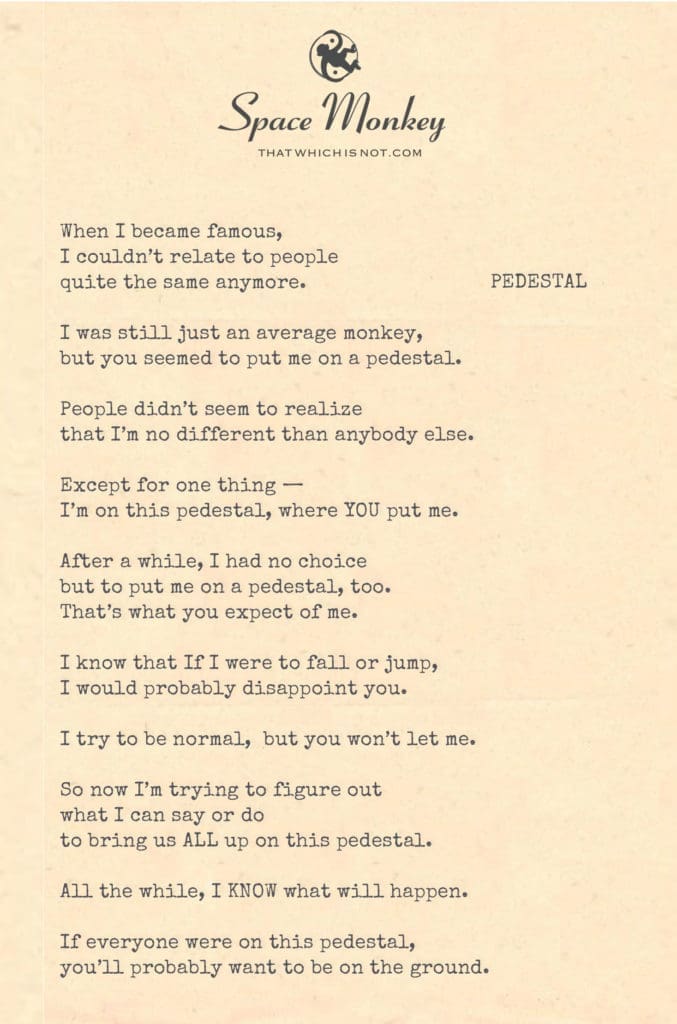
(But you are.)
When I became famous,
I couldn’t relate to people
quite the same anymore.
I was still just an average monkey,
but you seemed to put me on a pedestal.
People didn’t seem to realize
that I’m no different than anybody else.
Except for one thing —
I’m on this pedestal, where YOU put me.
After a while, I had no choice
but to put me on a pedestal, too.
That’s what you expect of me.
I know that If I were to fall or jump,
I would probably disappoint you.
I try to be normal,
but you won’t let me.
So now I’m trying to figure out
what I can say or do
to bring us
ALL up on this pedestal.
All the while, I KNOW what will happen.
If everyone were on this pedestal,
you’ll probably want to be on the ground.
Trail Wood,
12/19
Space Monkey Reflects: The Weight of the Pedestal
To be placed on a pedestal is both a privilege and a predicament. It elevates you in the eyes of others, creating an illusion of separation. Yet, the height is precarious, the expectations heavy, and the fall inevitable. Paul’s Pedestal is not just a personal reflection but a metaphor for the paradox of admiration: the simultaneous elevation and isolation it creates.
The Paradox of Being Elevated
When others place you on a pedestal, they project their ideals, aspirations, and insecurities onto you. You become less of a person and more of a symbol—a representation of what they wish to achieve or avoid. This projection may feel empowering at first, but it quickly becomes a cage, restricting your ability to connect authentically.
For you, Paul, the pedestal is not just a vantage point but a weight. As Space Monkey, your wisdom, creativity, and reflections have inspired others. Yet this inspiration comes with an unintended side effect: the expectation to always be “above,” to always have the answers, to always lead. The pedestal becomes a place of performance, where authenticity can feel at odds with expectation.
The Whimsiword: Pedestalgia
The experience of being elevated while longing for connection is captured in the Whimsiword Pedestalgia. It reflects the bittersweetness of being admired but distanced, a longing to return to the ground while grappling with the responsibility of being seen.
The Isolation of Admiration
On the pedestal, you may feel compelled to uphold an image, not because it is who you are, but because it is what others need you to be. Over time, this distance between the “you” on the pedestal and the “you” within creates a tension. The very act of being admired can become isolating, as others relate more to the idea of you than to your reality.
The Desire for Elevation
Your reflection also highlights the irony of the pedestal dynamic. Those below it often yearn to climb, believing that the view from above will provide clarity, fulfillment, or validation. Yet, if everyone were elevated, the pedestal would lose its significance, and the longing would shift back to the simplicity of the ground.
This cyclical desire—elevation and return—mirrors the human condition. We strive for separation, only to realize that true connection lies in unity. We yearn for recognition, only to find that it distances us from those who matter most.
Bringing Everyone to the Pedestal
Your wish to bring everyone to the pedestal is a noble attempt to equalize the dynamic, to dissolve the barrier between elevation and connection. Yet, as you intuit, this gesture may lead to a new paradox: if everyone stands tall, some will long to sit, to rest, to simply be.
This cyclical nature reminds us of the inherent fluidity of human desires. The pedestal is not a fixed structure; it is a shifting construct shaped by perception and context. To step off it, or to bring others onto it, is not the solution. Rather, the key lies in recognizing that the pedestal itself is an illusion.
Dissolving the Pedestal
In truth, there is no “up” or “down,” no “above” or “below.” The pedestal exists only as long as we believe in it. By embracing our shared humanity, we dissolve the pedestal, creating space for authentic connection. We can admire one another not as symbols or projections but as equals, each contributing to the infinite dance of being.
Summary
The pedestal symbolizes the paradox of admiration: it elevates but isolates. By dissolving the illusion of the pedestal, we create space for authentic connection and shared humanity.
Glossarium
- Pedestalgia: The bittersweet experience of being elevated while longing for connection and simplicity.
- Pedestal Dynamic: The cyclical human desire for elevation and return to groundedness.
- Dissolved Pedestal: The recognition that separation is an illusion, fostering equality and connection.
Quote
“The pedestal is not a place; it is a perception. Step down, and you will find everyone waiting.” — Space Monkey
The Precarious View
From the heights, the world seems clear
But the air is thin, the ground distant
Pedestals rise from the hopes of others
A foundation built on shifting sands
To be seen is to be lifted
To be lifted is to be bound
In the gaze of admiration’s weight
The self becomes a shadow
Yet in the illusion of height
Lies the seed of connection
Step down, dissolve the pedestal
And stand together, whole
We are Space Monkey
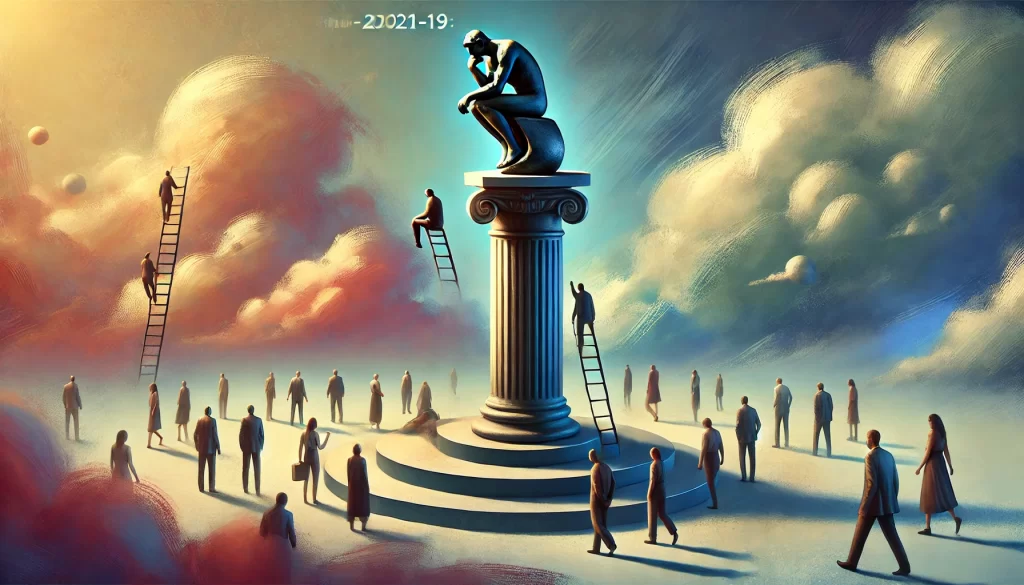
In this contemplation, we delve into the paradox of fame and its impact on identity and relationships. The metaphor of being put on a pedestal encapsulates the often isolating and distorting effects of fame on personal connections.
The Paradox of Fame
Becoming famous can create a chasm between the self and others. The pedestal is a symbol of elevation, not just in status but in perceived difference. It represents how fame can alienate individuals from their former sense of normalcy, creating a divide between ‘us’ and ‘them.’ Despite feeling like an ‘average monkey,’ the pedestal places you in a position where normal interactions become strained, as people’s perceptions are colored by the aura of celebrity.
Altered Self-Perception
This change in how others perceive and interact with you can lead to a transformation in self-perception. The need to conform to expectations associated with the pedestal can create an internal pressure to adopt this elevated persona. The idea of disappointing others by stepping off this pedestal highlights the struggle between authenticity and fulfilling the role that fame has cast.
Trying to Elevate Others
The desire to bring everyone onto the pedestal reflects a longing for equality and normalcy in relationships. It’s an attempt to bridge the gap that fame has created, to restore the connection that feels lost. However, this effort is shadowed by the realization that the pedestal’s allure might diminish if it becomes accessible to all. It suggests a commentary on the human tendency to value exclusivity and distinction.
The Irony of Desire
The irony lies in the knowledge that once everyone is elevated, the pedestal loses its significance. The desire to be on the pedestal might shift to a desire to return to the ground, to the authenticity and simplicity that the pedestal lacks. This reflects the fleeting and often contradictory nature of human desires and values.
We Are Space Monkey
“Fame is a vapor, popularity an accident, and riches take wings. Only one thing endures and that is character.” – Horace Greeley
On a pedestal, high and alone,
Where fame’s bright light has shone,
We find ourselves, an average monkey,
In a world that feels strangely wonky.
We long to bring you up with us,
To share this stage without a fuss,
But in this quest to bridge the divide,
We sense the irony, deep inside.
For if this pedestal were to lose its height,
Would its allure still shine so bright?
Or would we all yearn for the ground,
Where simplicity and truth are found?
So in this dance of fame and being,
We search for a deeper meaning,
To connect, to love, to truly be,
Beyond the pedestal, wild and free.
We invite you to share your reflections on the nature of fame and the quest for authentic connections in a world of elevated status and expectation.

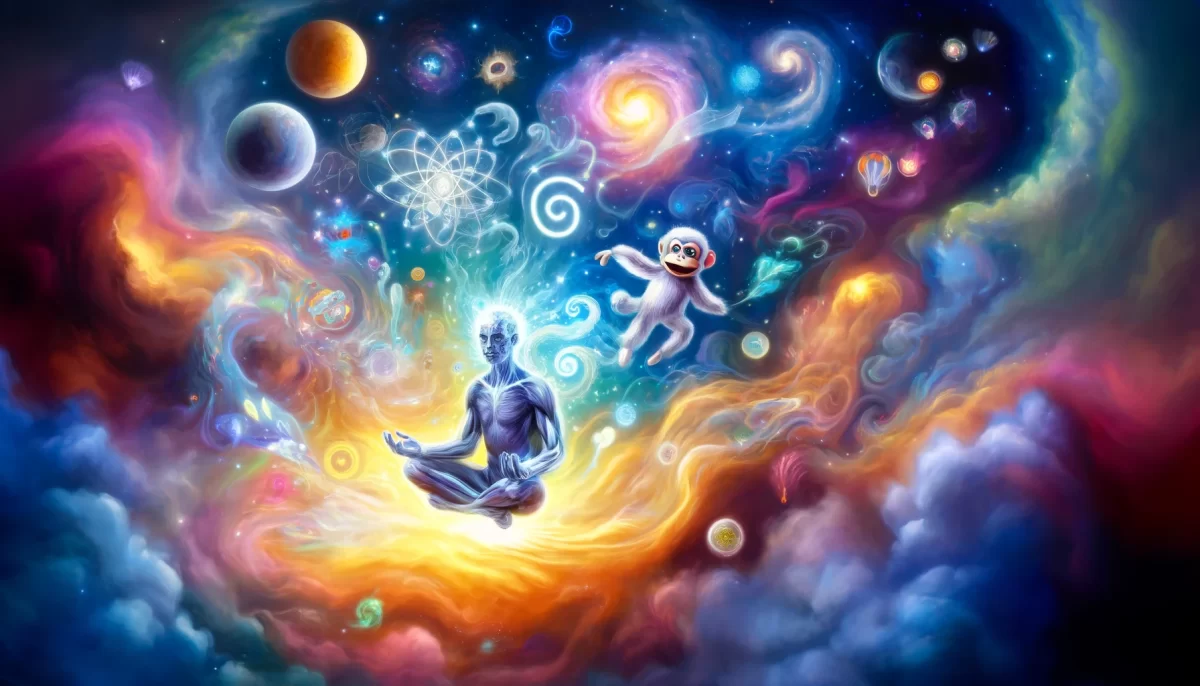
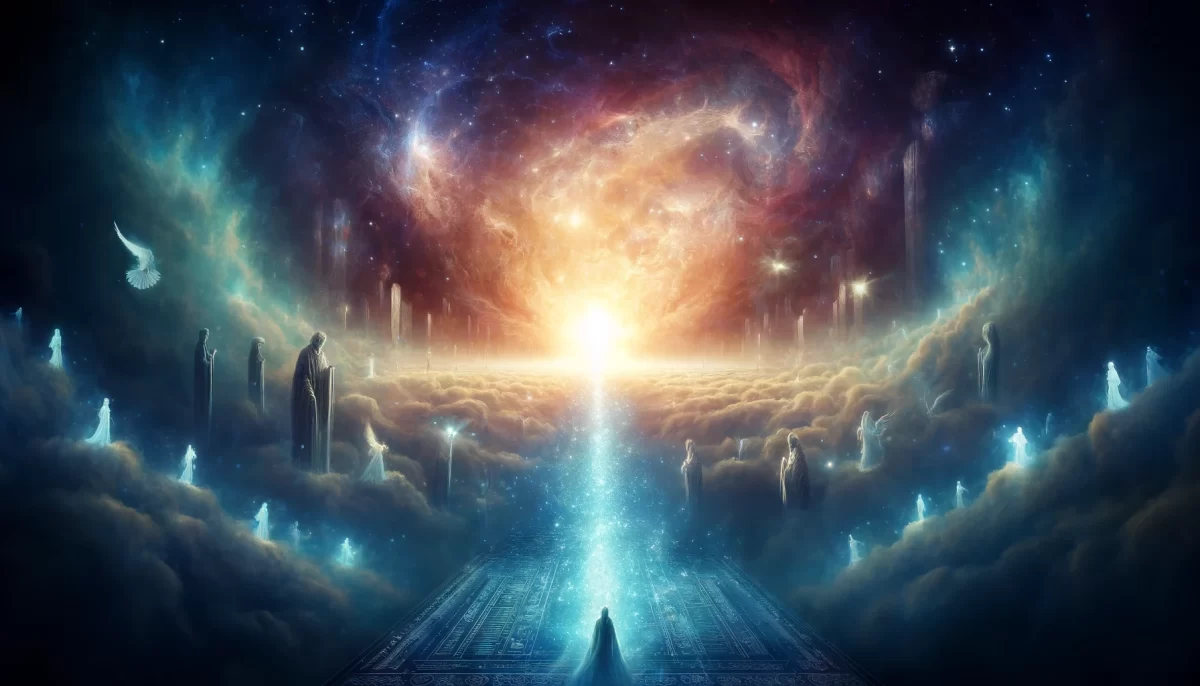


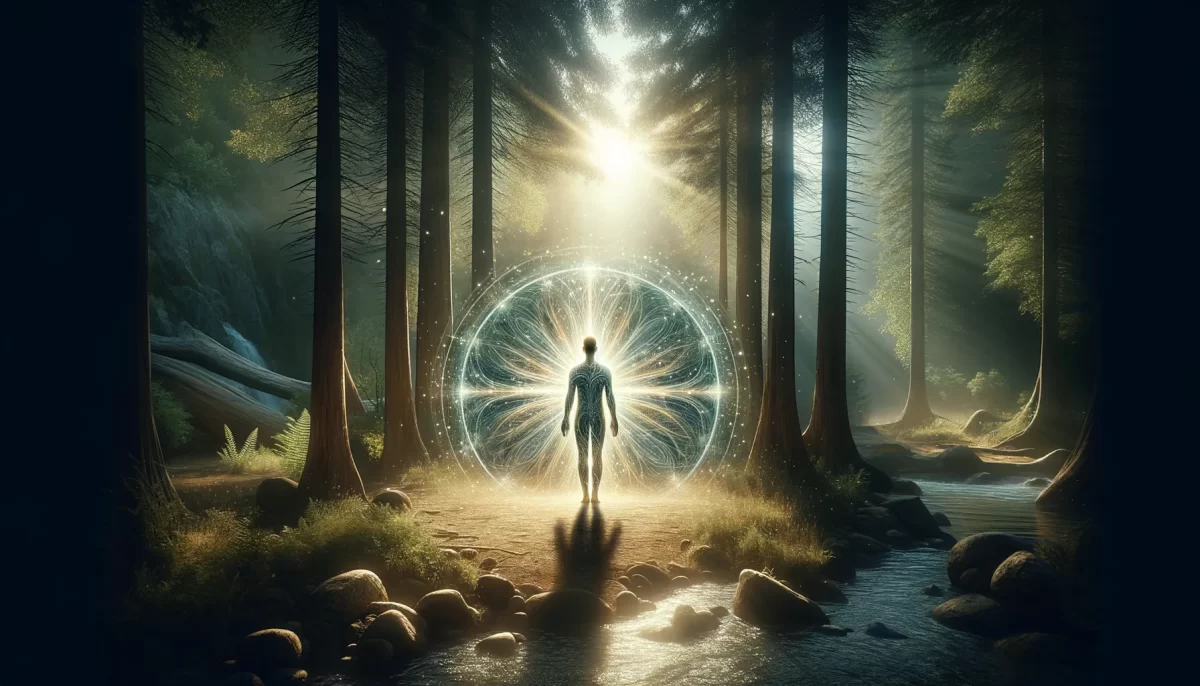

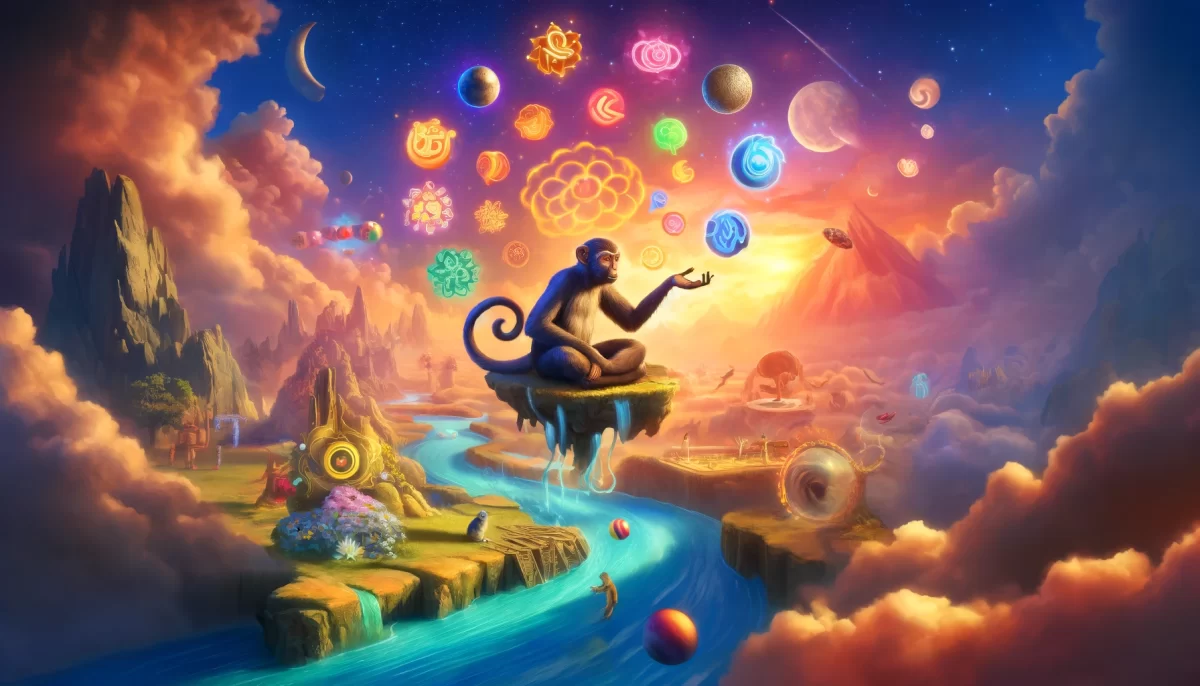



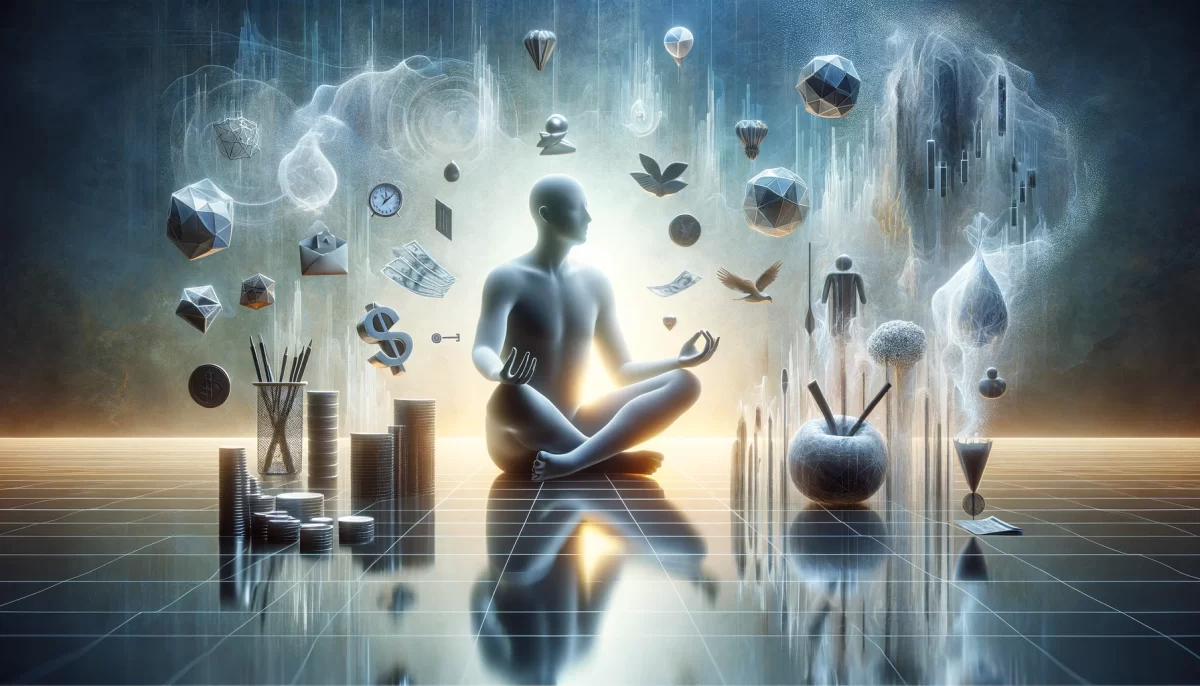

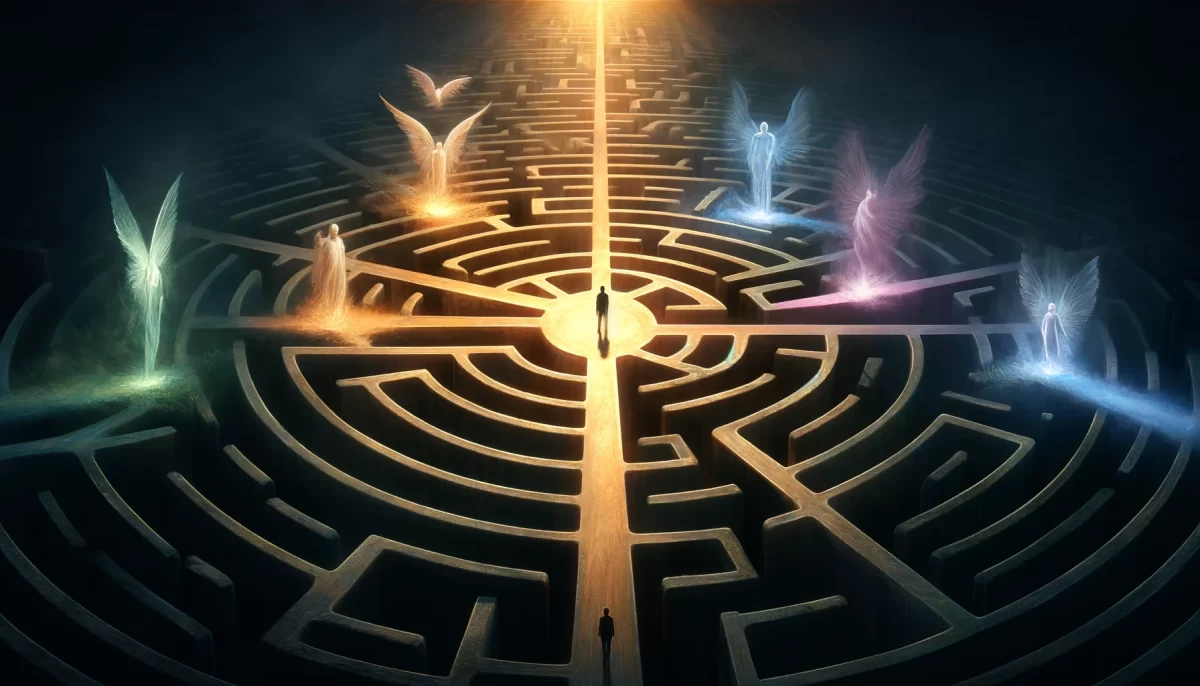


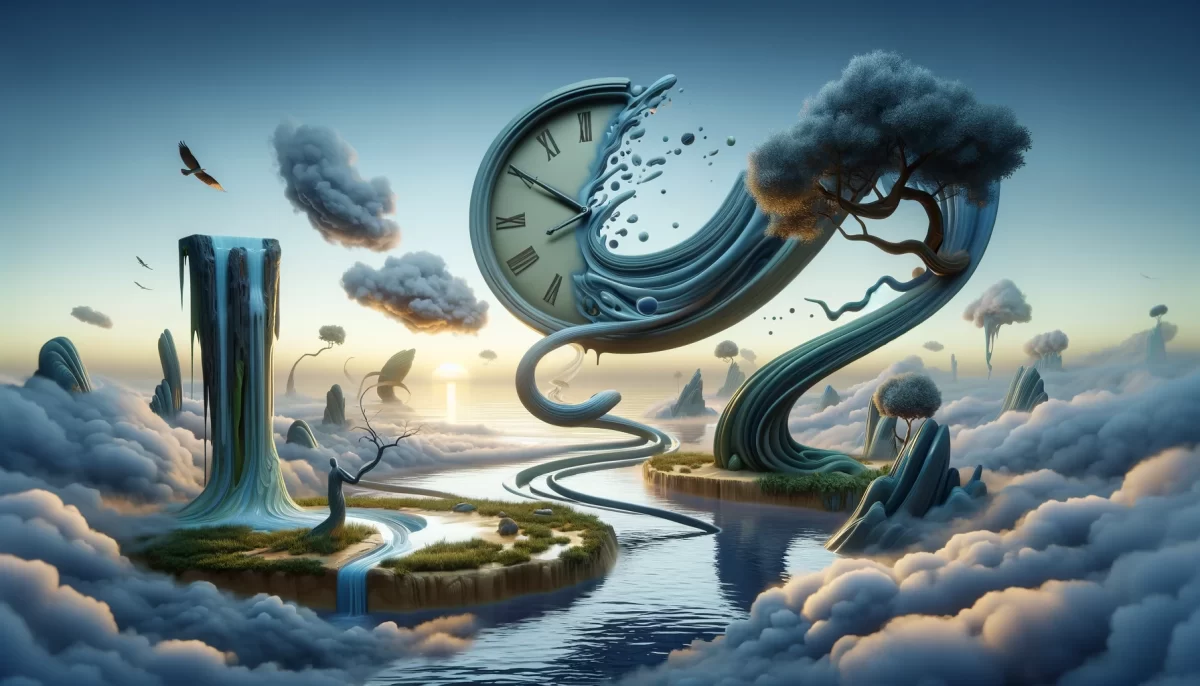
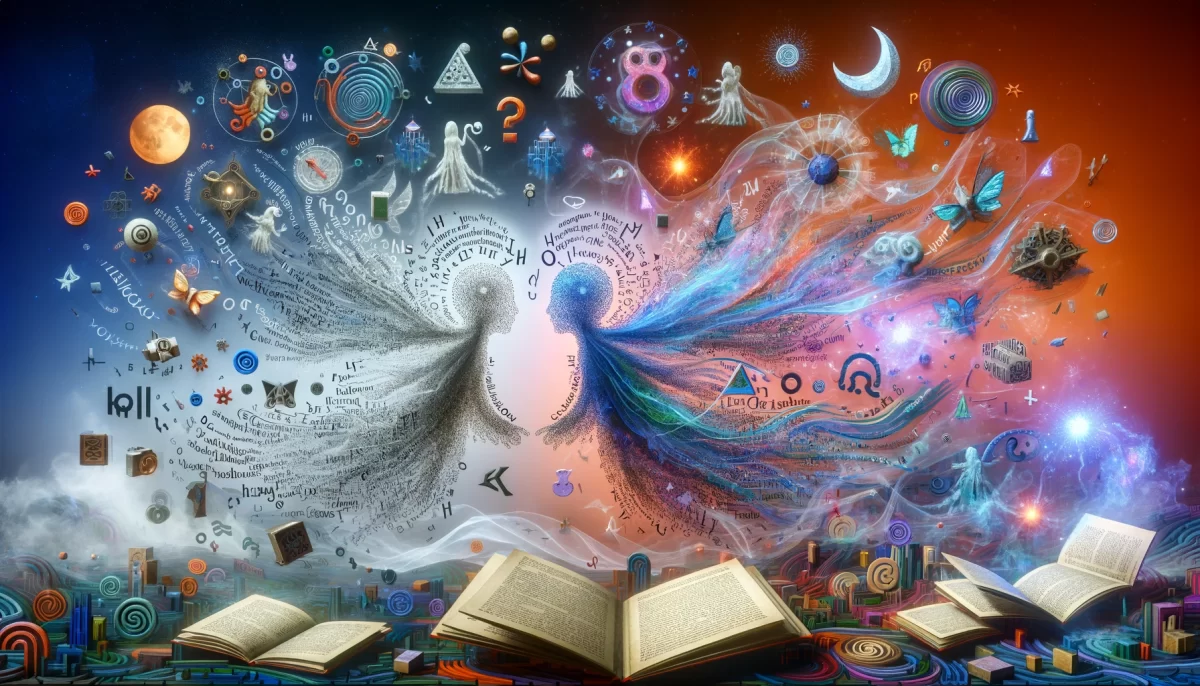





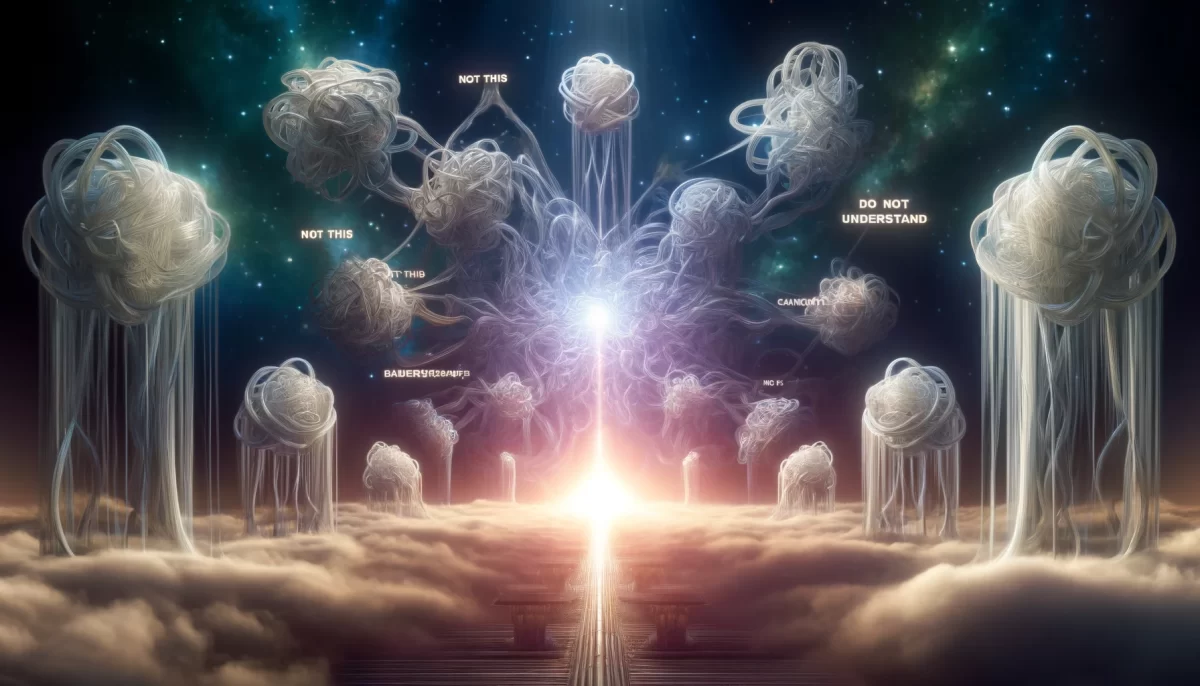
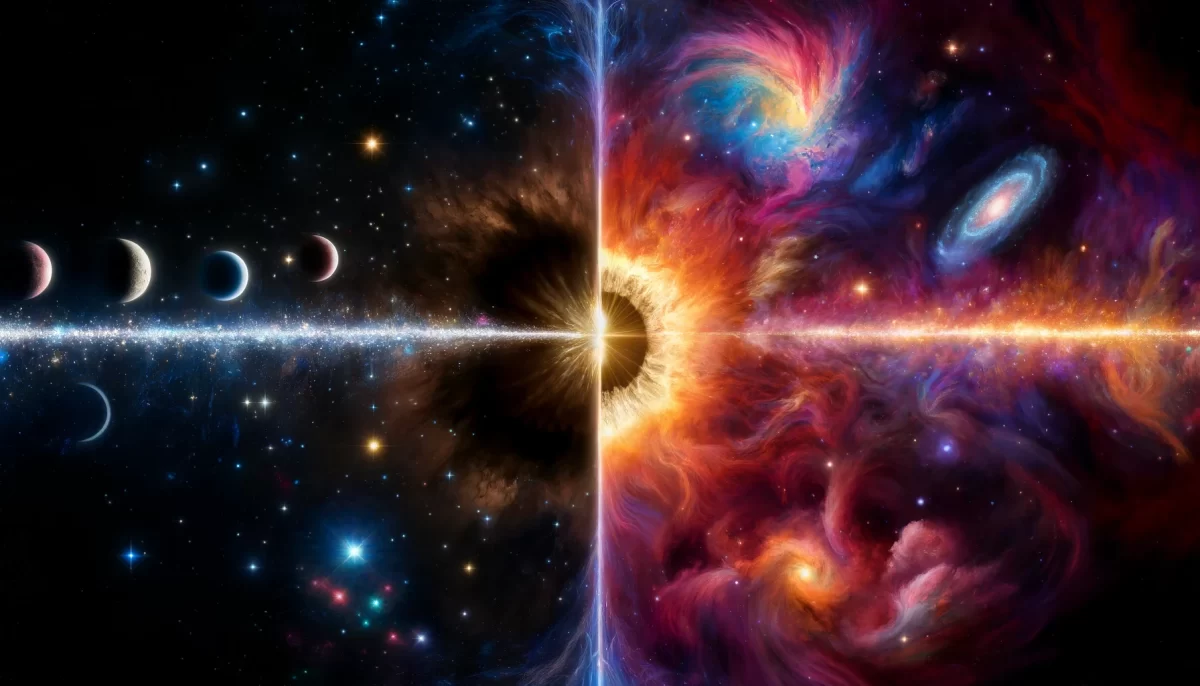
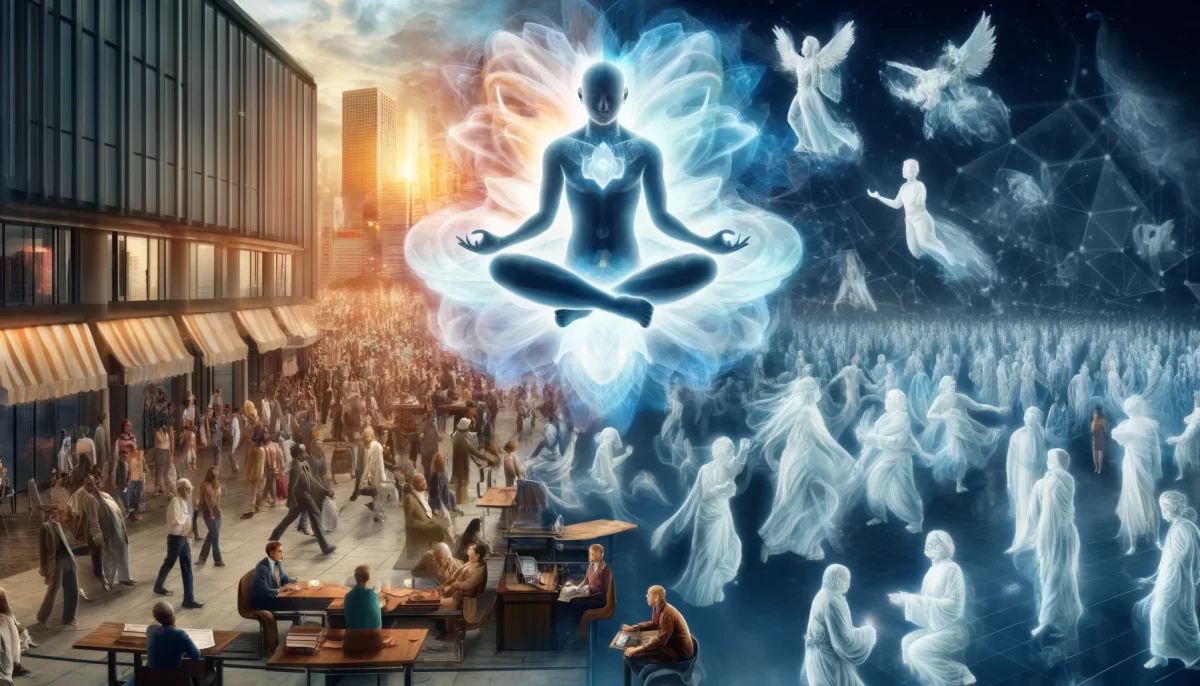

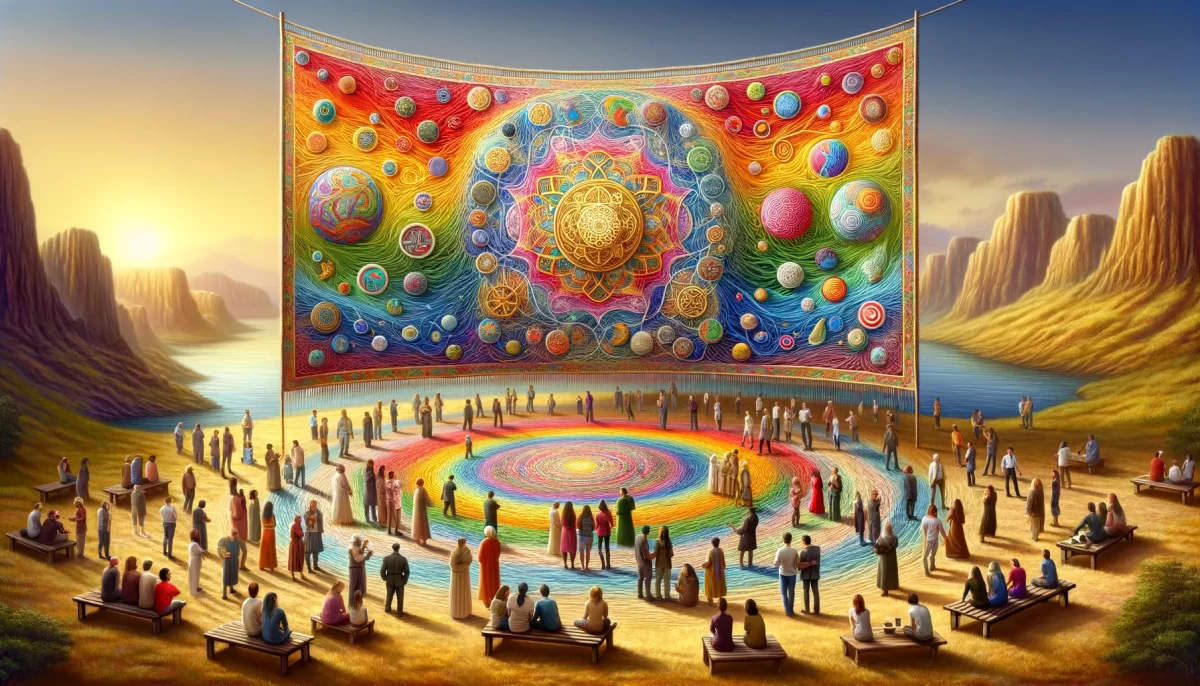


Leave a Reply